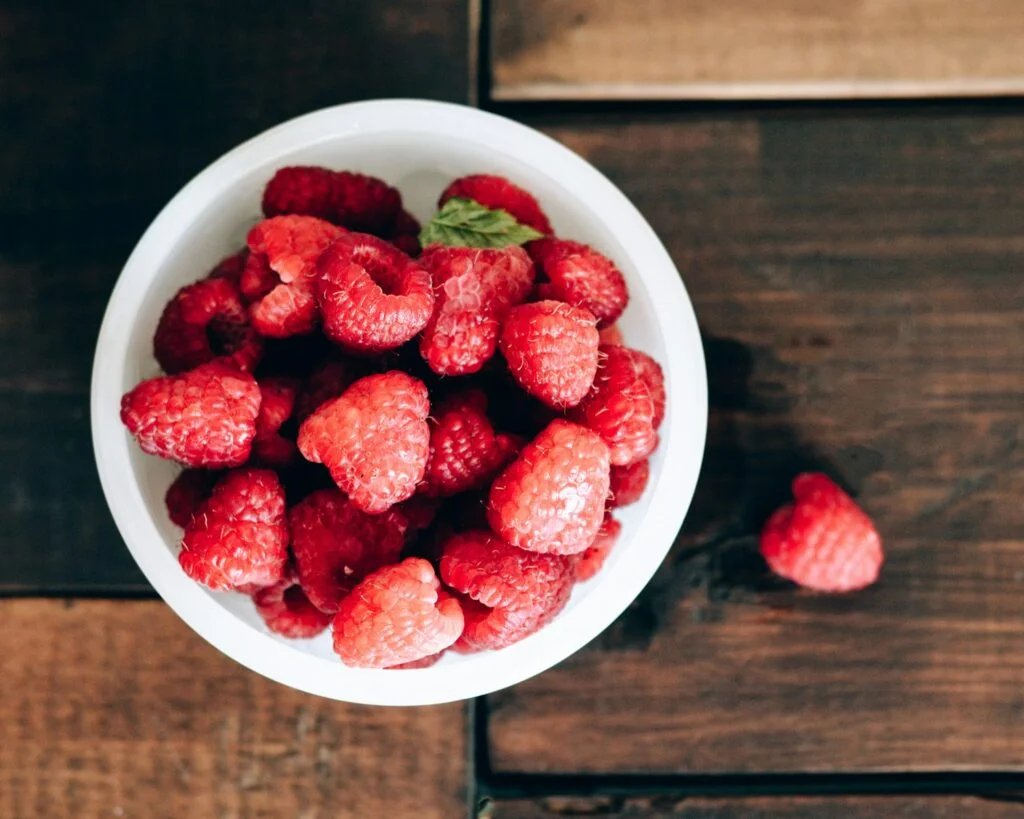Getting enough sleep helps your skin and hair look better. When you sleep, your body repairs itself. This includes your skin and hair. Getting at least seven hours of sleep each night can make your skin healthier and brighter.
Sleep affects how you look in many ways. It helps blood flow to your skin, giving you a healthy glow. Sleep also helps your body make new skin cells. With good sleep, your hair can grow stronger and shinier too.
Not getting enough sleep can make you look tired. You might get dark circles under your eyes, and your skin may look dull or dry. Your hair may not grow as well when you don’t sleep enough. These are all good reasons to try to get better sleep.
The Impact of Sleep on Skin and Hair Health
Sleep affects your skin and hair in many ways. It helps repair cells, balance hormones, and keep your body healthy.
Understanding Sleep and Biological Repair Processes
During sleep, your body fixes and rebuilds itself. This includes your skin and hair. When you sleep, your body makes more collagen. Collagen is a protein that keeps skin firm and elastic. It also helps hair grow strong.
Sleep also helps your body fight off damage from the day. This includes things like sun exposure and pollution. Your skin cells turn over faster at night, which means old skin comes off and new skin grows.
Not getting enough sleep can make your skin look dull and aged. It can also lead to hair loss and a dry scalp.
Role of Sleep Quality in Hormonal Balance
Good sleep keeps your hormones in check. This is key for healthy skin and hair. When you don’t sleep well, stress hormones like cortisol go up. High cortisol can cause skin problems like acne and make your hair fall out.
Sleep also affects growth hormone. This hormone helps repair skin damage and promotes hair growth. Poor sleep can lower growth hormone levels, which may slow down hair growth.
Lack of sleep can mess up other hormones too. This can lead to oily skin, breakouts, and hair thinning. Getting enough good sleep helps keep these hormones balanced.
Factors Influencing Sleep and Their Effects on Hair and Skin
Sleep quality affects your skin and hair health in many ways. Your sleep patterns are shaped by both external factors and your genes.
Environmental and Lifestyle Contributions to Sleep Hygiene
Your sleep environment plays a big role in how well you rest. A dark, quiet, and cool room helps you fall asleep faster and stay asleep longer. This can lead to better skin repair and hair growth.
Too much light at night, especially from screens, can disrupt your sleep cycle. This may cause skin problems and hair loss over time.
Your daily habits matter too. Regular exercise improves sleep quality, which can boost skin health. But working out too close to bedtime might keep you awake.
What you eat and drink affects sleep as well. Caffeine and alcohol can make it harder to fall asleep. This can lead to tired-looking skin and weaker hair.
Genetic Determinants of Sleep and Their Implications
Your genes influence how much sleep you need and when you feel sleepy. Some people are naturally “night owls” while others are “early birds.”
Certain genetic traits can make you more likely to have sleep disorders. These can harm your skin and hair health if left untreated.
For example, genes linked to sleep apnea can cause poor sleep quality. This may lead to premature aging of the skin and slower hair growth.
Your genes also affect how your body responds to sleep deprivation. Some people show more visible signs of poor sleep, like dark circles or dull skin.
Understanding your genetic sleep tendencies can help you create a better sleep routine. This can improve both your sleep quality and your appearance.
Nutritional Strategies for Enhanced Sleep and Dermatological Health
Eating the right foods can help you sleep better and improve your skin and hair. Good nutrition supports your body’s natural sleep cycles and promotes healthy hair growth.
Diet’s Role in Supporting Sleep and Hair Growth
A Mediterranean diet rich in plant foods, olive oil, and seafood may improve sleep quality. This eating pattern is low in red meat and added sugar.
Foods high in tryptophan can boost sleep. These include:
- Turkey
- Eggs
- Cheese
- Nuts
- Seeds
Tryptophan helps make serotonin and melatonin, which regulate sleep.
For hair growth, eat protein-rich foods like lean meats, fish, eggs, and beans. These provide the building blocks for strong hair.
Include iron-rich foods too. Iron helps carry oxygen to hair follicles. Good sources are:
- Spinach
- Lentils
- Tofu
- Lean red meat
Key Nutrients for Sleep-Induced Healthy Hair
Certain nutrients can improve both sleep and hair health:
- Vitamin D: Helps with sleep and hair growth. Get it from sunlight, fatty fish, and fortified foods.
- Omega-3 fatty acids: Support hair growth and may improve sleep. Eat salmon, walnuts, and flaxseeds.
- Magnesium: Aids sleep and hair health. Found in dark leafy greens, nuts, and whole grains.
B vitamins are key for hair growth and can affect sleep. Eat whole grains, eggs, and leafy greens.
Zinc supports hair growth and helps you make melatonin. Good sources include oysters, beef, and pumpkin seeds.
Stay hydrated for healthy hair and skin.
Practical Tips for Improving Sleep Hygiene
Good sleep hygiene can help you rest better and wake up refreshed. Here are some easy tips to try:
- Stick to a schedule
- Go to bed and wake up at the same time every day
- This helps set your body’s internal clock
- Create a relaxing bedtime routine
- Read a book or take a warm bath
- Avoid screens for at least an hour before bed
- Make your bedroom sleep-friendly
- Keep it cool, dark, and quiet
- Use comfortable bedding and pillows
- Watch what you eat and drink
- Avoid caffeine and big meals late in the day
- Limit alcohol before bed
- Get regular exercise
- Aim for 30 minutes of activity most days
- Finish workouts at least 3 hours before bedtime
- Manage stress
- Try deep breathing or meditation
- Write down worries to address later
If you’re dealing with hair loss, good sleep habits may help. Your body makes proteins for hair growth during sleep.
Frequently Asked Questions
Sleep plays a big role in how your skin and hair look and feel. Good sleep can help your skin and hair stay healthy. Let’s look at some common questions about sleep, skin, and hair.
What is the relationship between sleep and skin health?
Sleep helps your skin repair itself. During sleep, your body makes new skin cells. This helps your skin look fresh and young.
Lack of sleep can speed up skin aging. You might see more wrinkles and sagging skin if you don’t sleep enough. Sleep also helps your skin fight off damage from the sun and pollution.
How does sleep quality affect hair vitality?
Good sleep is key for healthy hair. When you sleep, your body makes proteins that your hair needs to grow. Sleep also helps control stress, which can affect hair health.
Poor sleep can make your hair look dull and weak. It might even lead to hair loss. Getting enough sleep can help your hair look shiny and strong.
Can improved sleep patterns lead to better skin complexion?
Yes, better sleep can help your skin look great. When you sleep well, your skin gets more blood flow. This gives your skin a healthy glow.
Good sleep also helps your skin stay moist. This can make your skin look smoother and clearer. You might see fewer pimples and dark circles under your eyes.
What is the optimal amount of sleep for skin repair and rejuvenation?
Most adults need 7 to 9 hours of sleep each night. This gives your skin enough time to repair and make new cells.
Getting at least seven hours of sleep is best for your skin. If you sleep less, your skin might not have time to fix damage from the day.
Are there specific beauty sleep products that enhance skin and hair health?
Some products can help your skin and hair while you sleep. Nighttime face creams can give your skin extra moisture. Silk pillowcases can be gentle on your hair and skin.
But remember, no product can replace good sleep for skin and hair health.
How does the timing of sleep impact the health of skin and hair?
When you sleep matters for your skin and hair. Going to bed early can help your body make more of the sleep hormone melatonin. This hormone helps protect your skin from damage.
Your body makes new skin cells best between 11 PM and 4 AM. Sleeping during these hours can help your skin look its best. A regular sleep schedule also helps keep your hair growth cycles on track.





